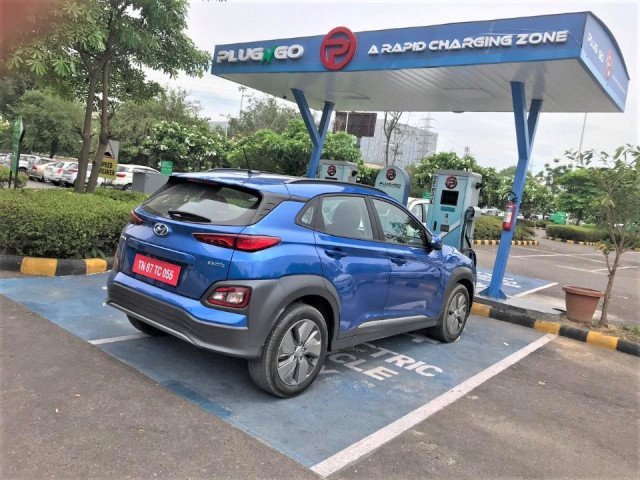The Indian Private Equity and Venture Capital Association (IVCA) has recently launched a report titled "Electrifying Indian Mobility" in Mumbai, in partnership with Ernst & Young and IndusLaw. It talks about the rise of EVs in the country in recent times, and opines on how trend and trajectories of the EV industry.
The report states that EVs accounted for 1.1 percent of total vehicle sales in 2021, which is expected grow to 39 percent of total automotive sales by 2027 at a CAGR of 68 percent over the next 5 years. A majority of growth in EVs is expected to come from the commercial travel segment, especially E3Ws and E2Ws for last mile transportation, it adds.
In terms of investments, the domestic EV industry has attracted about USD 6 billion in 2021, and is expected to gain USD 20 billion by 2030. It has observed strong attention from PE/VC investors in India with investments increasing from US$ 181 million to US$ 1,718 million (recording an annual growth rate of 849 percent), according to the report.
Speaking at the launch event, Rajat Tandon, President, IVCA, said, "USD 1.7Bn was invested in the EV industry in 2021 by the PE/VC investors. This amount has reached about USD 666Mn in 2022 so far. While the Indian start-up ecosystem is focused on technological adaptation and environment, social aspects have also topped their themes for innovation. This is likely to give further boost and momentum to the growth in ESG and Climate specific funds. Fast adoption of EV across all the segments is truly the path to the green frontier".
The report highlights the global best practices for EVs, the current Indian policy environment, and PE/VC investments in this sector so far, investment opportunities in India for both investors and entrepreneurs. Further, the report also endorses Union Ministry of Skill Development and Entrepreneurship's estimate that EV industry can create 1 crore direct jobs and 5 crore indirect jobs by 2030.
On charging infrastructure front, the report notes that there are only 1,742 charging stations in the country. This number is expected to increase to 100,000 units by 2027 to accommodate the increasing demand by 1.4 million EVs expected to be on the roads by then.
The report acknowledges India has taken a leap towards a clean energy-based future as it is evident from the changes in the policies of the governments with respect to environmental protection, including state governments with their EV policies.
Around 20 states in India have already come up with either a draft or final state level EV policy, these state policies overall aim to promote India's transition from ICE to EVs, it adds.
Read More

